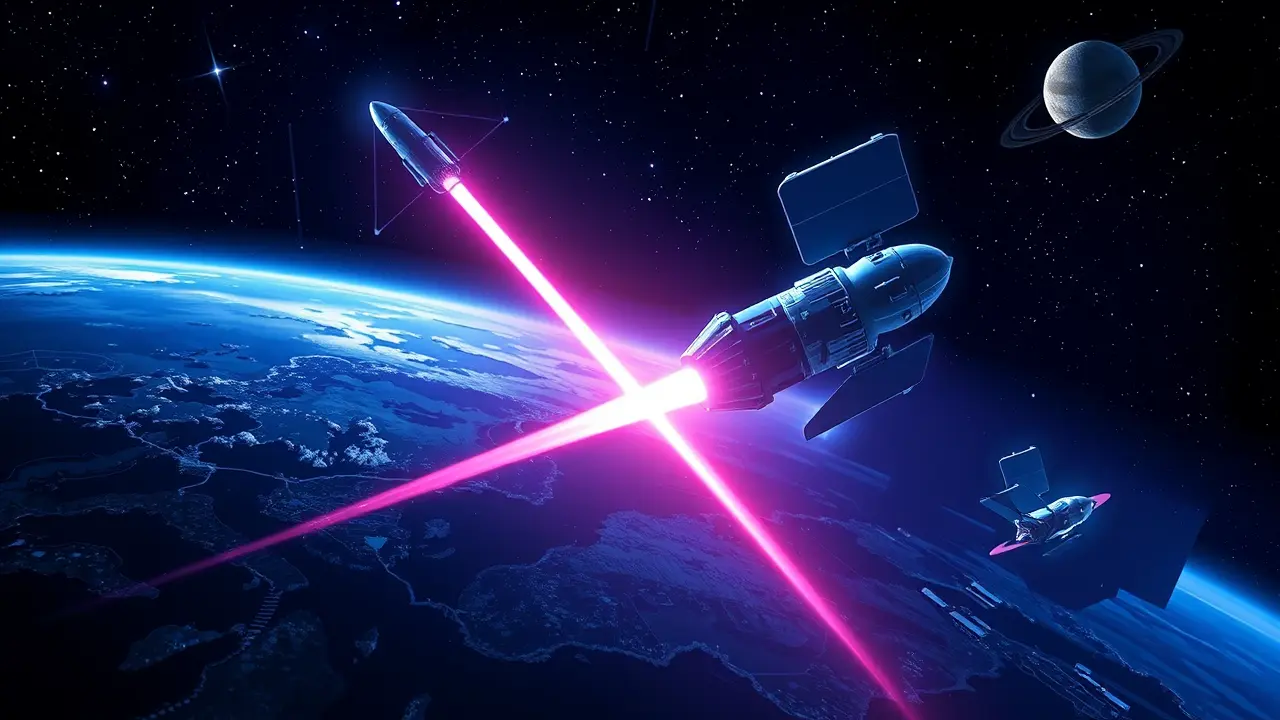
Politicsconflict & defenseMilitary Operations
Europe Must Close Space Gap for Security
TH
Thomas Green
3 hours ago7 min read1 comments
Russia’s full-scale invasion of Ukraine was a brutal awakening, a celestial event in geopolitical terms that shifted the orbit of European security and demonstrated with terrifying clarity that foundational assumptions about continental defense were dangerously obsolete. This conflict, raging on terrestrial soil, is simultaneously a war fought in the silent, cold vacuum of space, where commercial satellite constellations provide critical intelligence, navigation, and communication—assets that Europe is frighteningly dependent on others to supply.The stark reality is that while European capitals watched the bravery of Ukraine's defense, they failed to internalize the parallel lesson unfolding overhead: sovereignty in the 21st century is inextricably linked to sovereignty in orbit. The European Union, despite its lofty ambitions and technological prowess, is perilously close to becoming a mere passenger in the new space race, a race being aggressively led by the United States through NASA's Artemis program and the commercial dynamism of SpaceX, and by an increasingly assertive China with its permanently crewed Tiangong station and lunar ambitions.This isn't just about prestige; it's about the fundamental levers of power. Consider Galileo, Europe’s own global navigation system.While a significant achievement, its development was plagued by delays and budget overruns, and it now operates in a domain where American GPS and Russian GLONASS have long set the standard. Where is Europe’s answer to the revolutionary impact of SpaceX’s reusable Falcon rockets, which slashed launch costs and democratized access to space? The Ariane 6 program, intended as Europe’s flagship launcher, has itself been delayed, highlighting a systemic innovation lag.The strategic gap is not merely technological but doctrinal. The United States has established the Space Force, formally recognizing space as a war-fighting domain, while European nations continue to treat space assets as largely civilian or dual-use projects without a unified, robust defensive posture.What happens if, in a future crisis, access to third-party satellite data is restricted? How would European military coordination, humanitarian missions, or even financial transactions that rely on precise timing signals function? The potential for strategic coercion is immense. We are witnessing the early stages of a cosmic scramble, not unlike the Age of Exploration, where the nations and blocs that control the orbital lanes, the lunar resources, and the high ground of space-based intelligence will dictate the terms of commerce and security on Earth.For Europe, closing this gap requires more than just increased funding for the European Space Agency; it demands a Marshall Plan for the stars—a concerted, urgent political will to foster a vibrant commercial space sector, to develop independent launch capabilities that rival the best in the world, and to forge a common EU security strategy for space that includes defensive and, if necessary, offensive capabilities to protect its vital orbital infrastructure. To cede this frontier is to accept a permanent and dangerous dependency, leaving Europe’s future security in the hands of other, often competing, cosmic powers. The lesson from Ukraine is that hope is not a strategy; for Europe’s security and its place in the future world order, it must launch its own destiny.
#editorial picks news
#Europe
#space race
#security
#Russia
#Ukraine
#defense
#satellites
#technology
Stay Informed. Act Smarter.
Get weekly highlights, major headlines, and expert insights — then put your knowledge to work in our live prediction markets.
© 2025 Outpoll Service LTD. All rights reserved.